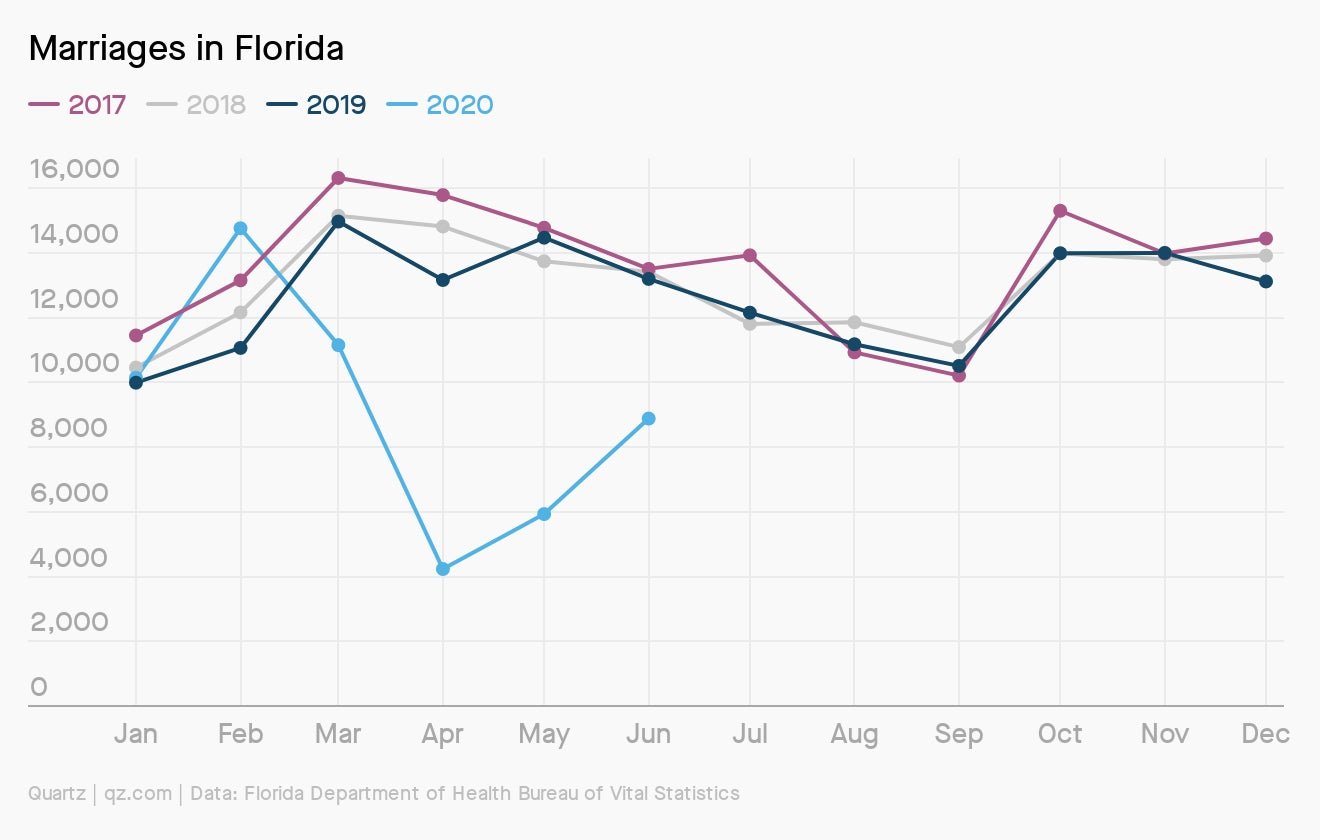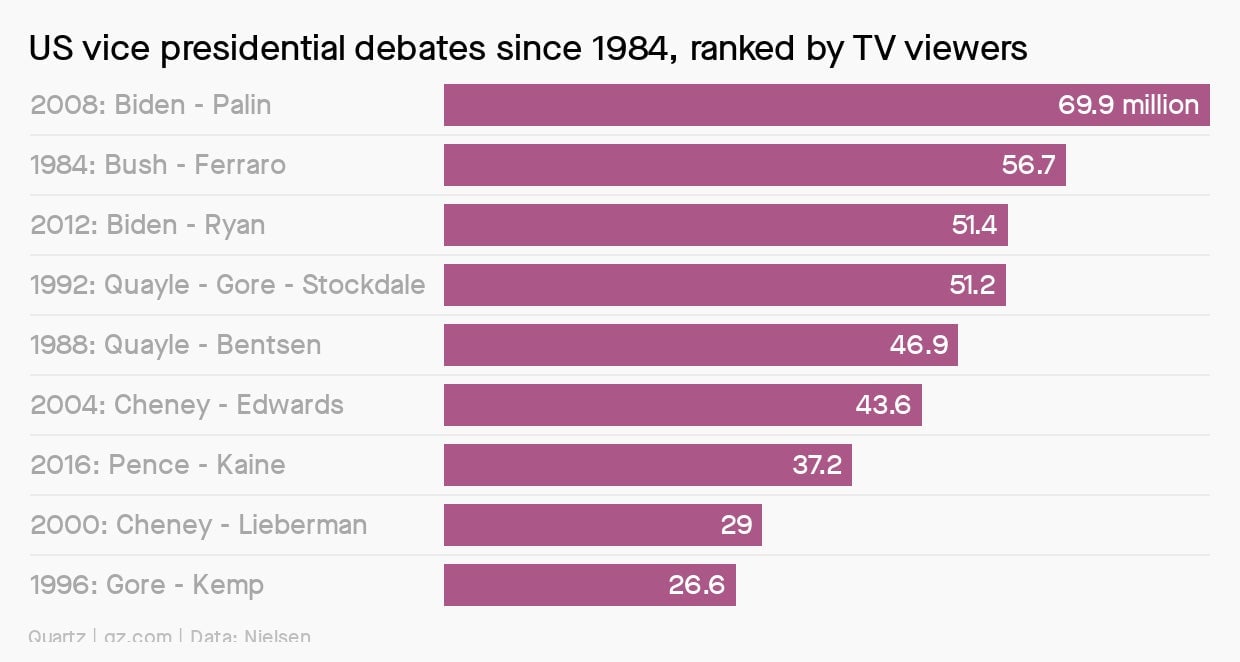Trump’s return, Kyrgyzstan protests, wrestlers on trains
Good morning, Quartz readers!

Good morning, Quartz readers!
Here’s what you need to know
Donald Trump returned to the White House. The US president, who is still infectious, removed his mask after arriving back by helicopter. He appeared to be short of breath after climbing some stairs, and his doctors warned that he is not fully “out of the woods yet.” Meanwhile, the White House’s Covid-19 outbreak is still growing. Separately, the administration blocked strict new federal guidelines for emergency approval of a vaccine.
Boris Johnson unveils a wind energy plan. The UK prime minister will pledge £160 million ($208 million) investment to manufacture the next generation of turbines, and promise to power every home in the country with offshore wind by 2030.
The Quad talks kick off in Tokyo. The foreign ministers of the US, Australia, Japan, and India are expected to focus on China, including issues of maritime and cyber security, and present a united front against an assertive Beijing. US secretary of state Mike Pompeo will also meet with Japanese prime minister Yoshihide Suga.
Protesters in Kyrgyzstan stormed the government. Amid demonstrations over allegations of widespread vote-rigging in Sunday’s elections, they broke into parliament and state security headquarters, releasing ex-president Almazbek Atambayev, who had been jailed for corruption after falling out with his successor.
Indonesia braces for mass strikes. The government passed a sweeping stimulus bill yesterday that will roll back labor and environmental protections and potentially lead to massive deforestation. Unions representing millions of workers said they would protest the bill, which the president is expected to sign quickly.
THE FOUR SEASONS
It hasn’t even been a year since the first case of Covid-19 was confirmed. That means we’re just beginning to understand how seasonal variations interact with the spread of the disease. Did US computer sales shoot up in the second quarter of 2020 because of Covid-19? Or was it simply because computer sales always go up this time of year? How much can we attribute the drop in marriage to the pandemic, and not whether it was wedding season?

Not accounting for seasonality is one of the easiest ways to find an erroneous trend. As part of our field guide to the data deluge, we explain how to avoid that pitfall.
✦ To gain access to all the data dives, number narratives, and long-form about long division, please sign up for a free trial of Quartz membership.
Charting vice-presidential ratings
US vice-presidential debates are often an afterthought. Since 1984, when Nielsen started tracking TV ratings for the vice-presidential debates, they’ve garnered modest audiences, relative to their presidential counterparts. But this year’s event between Mike Pence and Kamala Harris could be more momentous than normal.

Though the sample is small, there is evidence to suggest women vice-presidential candidates draw bigger TV audiences. The 2008 debate between Joe Biden (then Barack Obama’s running mate) and Sarah Palin drew 69.9 million viewers—the most ever for a vice presidential debate, and more than any of the three presidential debates that year between Obama and John McCain.
Work smarter not harder

Every day, Quartz at Work helps create a living guide to being a better manager, building a career, and navigating the modern workplace. Here’s some breaking advice on taking next steps:
🖨 Buy a printer. It’s the ultimate unglamorous office appliance—boxy, boring, and completely indispensable.
🏓 Plan your next pivot. There’s never been a better time to learn new skills, like mastering the power of spreadsheet pivot tables.
🛠 Take in a workshop. Last week’s Quartz at Work event on building company culture remotely had a little bit of everything, from the practical—contemporary case studies—to the whimsical—a dash of 17th-century history.
🇨🇦 Explore your options. Here’s the complete list of jobs that make it incredibly easy for Americans to move to Canada.
For weekly updates from the Quartz at Work team, sign up for The Memo newsletter below.
Obsession interlude: Because China
“In the early 1900s, most Americans saw China either through the eyes of traders seeking new markets, or missionaries seeking new converts. During World War II, China was our ally; during the Korean War, our adversary. At the dawn of the Cold War, when I was a young boy beginning to study such things, it was a cudgel in a political battle: ‘Who lost China?’”—Bill Clinton, March 9, 2000
That was the day president Clinton introduced legislation that would help China join the WTO, arguing it was America’s biggest chance in decades “to create positive change in China.” This year, Pompeo argued that this brand of US optimism has been a failure—and that China could change the rest of the world for the worse.
Great hope—and then deep disillusionment—is a place the US and China keep returning to, says John Pomfret (video), author of The Beautiful Country and the Middle Kingdom, a history of US-China relations since the 18th century.
Americans have “these huge expectations for great changes which are invariably dashed and a huge disenchantment will set in,” said Pomfret in 2017, as relations began to spiral. “…[S]imilarly with the Chinese, they also have these views of the United States as being the key to China’s modernity, its modernization, which then inevitably are crushed and they go through their own period of disenchantment with America as well, and we’ve rotated on this cycle for many, many decades now.”
Pomfret’s book is worth a read, and so is Quartz’s Because China coverage, where you’ll find unique perspectives on the US-China frenemyship.
Your virtual guide to understanding China’s influence in Africa. Join us on Oct. 8 from 9:30-10:30am US eastern time for our free virtual event on China’s influence in Africa. Quartz Africa has assembled a group of the leading thinkers on China-Africa relations to bring you up to date on how this dynamic will impact the global economy.
Surprising discoveries
Invite an elephant to your next video chat. “The Elephant in the Zoom” will raise money for the animals’ care in Thailand to help make up for a lack of tourism revenue.
Covid-19 has changed the way Indians do dishes. With many forgoing domestic help during the pandemic, dishwashers are suddenly in high demand.
Pro wrestlers are duking it out aboard trains in Japan. The unusual entertainment programming is meant to boost local economies along the railway line.
Scientists found intact brain cells in an ancient skull. The man had died almost 2,000 years ago in a volcanic eruption, where the intense heat followed by rapid cooling helped to preserve the brain.
Apple’s new iPhone software is providing a windfall to designers. One creator made over $140,000 after posting an image of his minimalist icons.
Our best wishes for a productive day. Please send any news, comments, custom app icons, and clean dishes to [email protected]. Get the most out of Quartz by downloading our iOS app and becoming a member. Today’s Daily Brief was brought to you by Mary Hui, Tripti Lahiri, Liz Webber, and Max Lockie.